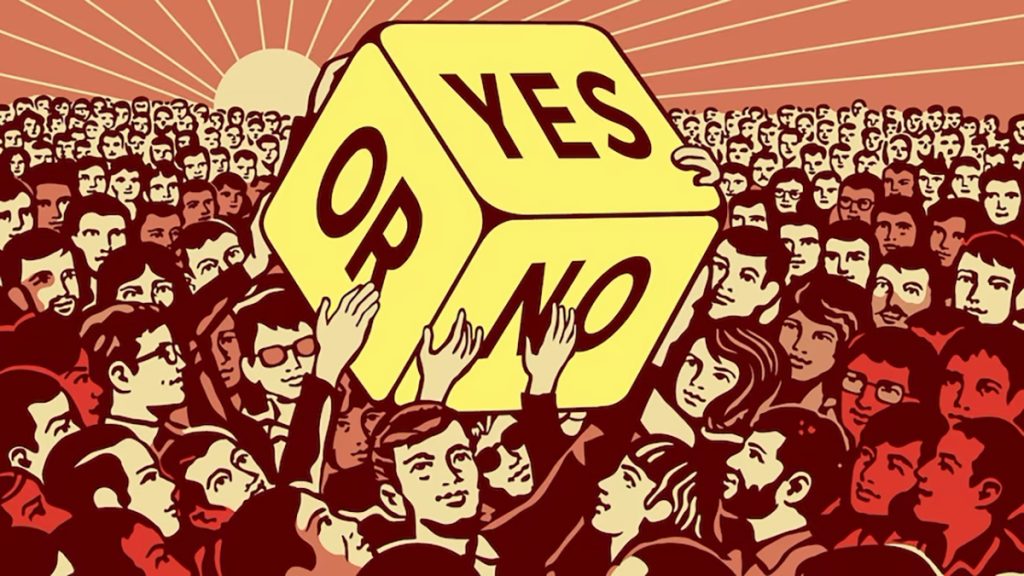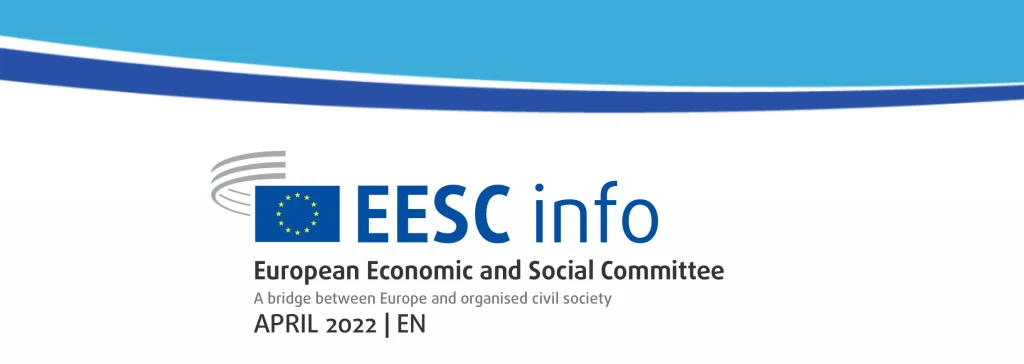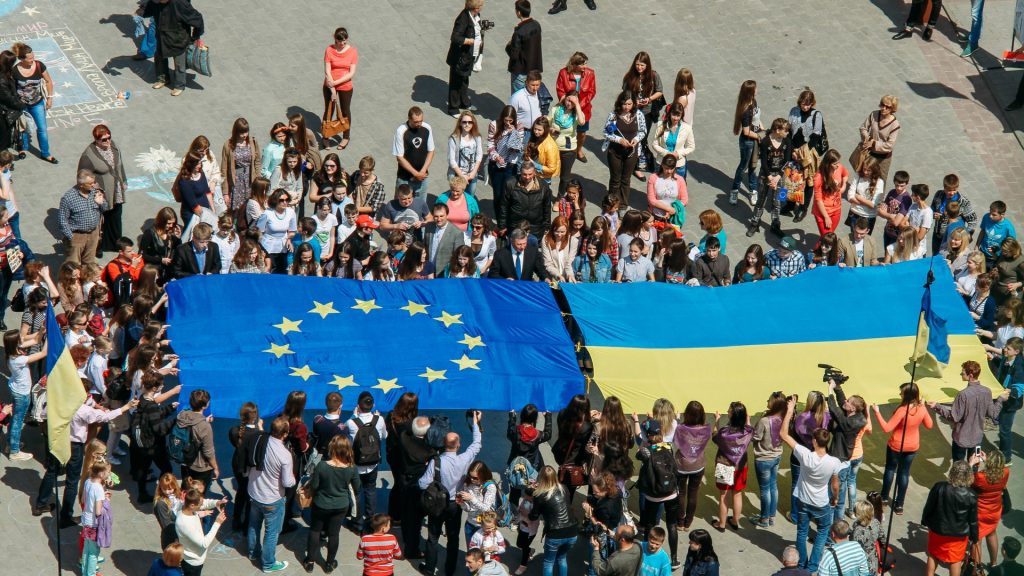At the beginning of the pandemic, the Council of Europe sent a coronavirus toolkit to the governments of the 47 members in order to instruct them on how not to breach human rights while adopting and implementing health emergency measures.
Human rights foresee positive (to act) and negative (not to act) obligations of the state. Undertaking measures to combat Covid-19 belongs to the positive obligations to save a life. But this positive obligation should be in balance with the negative obligations regarding all other human rights, including the same right to health (both, mental and physical) and life (e.g. suicides as collateral damage of the measures or non-timely diagnostics of another deadly disease) but also right to free speech, to privacy etc. The main risk is that the positive obligations in extreme circumstances often contain the elements of the overreaction (or lack of proper reaction) of the state authorities which may result in collateral damage to different individuals. So, the judges all over Europe are being called to help restore the balance between the benefits of the measures and the damages.
There are not too many published cases yet and even fewer judgments in favor of the applicants. The circumstances and the complaints in different countries are similar but the reasonings of the judges are different: from non-compliance with technical requirements (publication in the official journals) to substantial ones (breach of fundamental rights by the anti-coronavirus laws and ministerial regulations).
- Austrian Constitutional Court has been a champion in cancelling the measures of the government. Unlike in other states, in Austria, there have been around ten judgements by now. The last one was the Judgement of the Constitutional Court of 10 December 2020to declare the norms of the regulation of the Ministry of Education of 13 May 2020 that introduced masks in the school buildings and the separation of groups of children unconstitutional. The Judgement that cancels the norms of the Regulation is based on the lack of explanation from the Ministry about the basis on which the masks-obligation in the school was introduced.
- On 10 March 2021, the Court ruled that the data collection at restaurants and cafes in Austria last year for the purposes of contact tracing was unlawful.
- Vienna Administrative Court Decision included arguments that the PCR-test results are not reliable and cannot be used in defining the numbers of sick people, therefore the freedom of gathering limitations are not justified.
- Belgium. The Judgement of the Politierechtbank (Police court) of 12 January 2021 about the delict dated 9 August 2020 discards the Decision of the Public Ministry on urgency measures to limit the spread of Covid of 30 June 2020. The applicant challenged the fine issued to him by the police for not wearing a mask in a public place. The Police court recognized that the limitation of the basic human rights based on the ministerial Decision contradicts the Constitution. Besides, the Decision knows no differentiation of the circumstances in which the human rights are being limited which leads to the discrimination of those who are obliged to wear masks in public spaces where there are no people around in relation to the situation when there are many people around. In fact, as a result of the provision of this Decision, the human rights limitations are being interpreted far too wide which leads to legal uncertainty.
- On the 31 March 2021 Brussels court decided that Belgium must lift all the measures within 30 days as they are not based on law but on Ministerial decrees.
- Spain. On the 8 October 2020 the Supreme Court of Madrid denied the ratification of the Madrid Order issued on the execution of the Ministerial Order of the National Health Department introducing stricter lockdown measures in Madrid. Basically, the reason for the cancellation was technical – it lacked a legal basis for the establishment of measures limiting fundamental rights.
- Germany. On the 11 January 2021, the District Court of Weimar declared the 3rd Regulation of Thuringen (ThürSARS-CoV-2-EindmaßnVO) dated 18 April 2020 that prohibited the contacts between people unconstitutional and, therefore, invalid. According to the Court’s decision the prohibition of contact violates human dignity. The applicant is freed from the fine for the violation of the challenged Regulation. Moreover, the judge called the lockdown a “catastrophically wrong decision” (katastrophale Fehlentscheidung).
- On the 8 April 2021 – the same day when the sensational decision of the European Court of Human Rights decided on compulsory vaccination, the Court of Weimar decided that pupils of two schools in Weimar are freed from wearing masks, making tests and keeping the distance.
- The Netherlands. On 15 February 2021, the Dutch court ruled to immediately lift COVID-19 curfew: “The curfew is a far-reaching violation of the right to freedom of movement and privacy.” According to the Court, curfew was imposed by an emergency law when there was no “acute emergency”. The government appealed against the decision, moreover, it asked the people of the Netherlands to keep respecting the curfew. The government appealed. The decision not in force.
There also have been cancellation judgments in Slovenia and Bosnia and Herzegovina. In Slovenia, the Constitutional Court declared on the 3rd of December 2020 that three decisions of the Government and the decision of the minister for education, representing temporary measures banning the gathering of people at educational establishments, have not come into effect. In BH the Constitutional Court concluded on 22 April 2020 that Orders prohibiting the movement of persons under age 18 and over age 65 during the COVID-19 outbreak on the territory of the Federation of Bosnia and Herzegovina violated the right to freedom of movement.
The spread of the virus is far from over, there are hundreds or even thousands of collateral damages that are not known yet, the “vaccination rules of freedom” are still a theory, the breaches of freedom of speech are speeding up, so in years to come we may focus more and more on what the judges say as they may be the last resort in the protection of our fundamental rights that not long ago seemed to us to be just “a given”.
Updated on 11 April 2021




